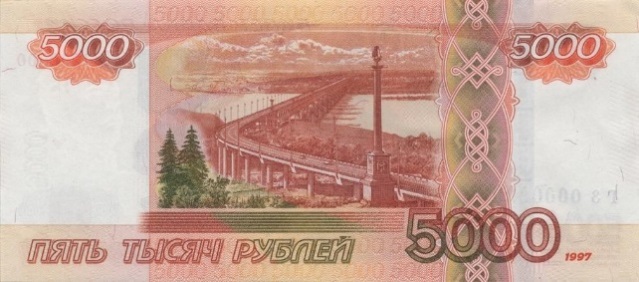Tales from FRIA: Russians can earn up to 5,000 rubles a month on the sale of their personal data
 January 28 is the International Day for the Protection of Personal Data: people are told how to protect private information on the Internet, get rid of tracking and avoid phishing sites. Ironically, today the Foundation for the Development of Internet Initiatives (IIDF) proposed changes to Russian legislation that would allow the free circulation of personal data on the market (in a depersonized form). IIDF promises that by selling their data citizens can earn from 15,000 to 60,000 rubles per year, that is, up to 5,000 rubles. per month.
January 28 is the International Day for the Protection of Personal Data: people are told how to protect private information on the Internet, get rid of tracking and avoid phishing sites. Ironically, today the Foundation for the Development of Internet Initiatives (IIDF) proposed changes to Russian legislation that would allow the free circulation of personal data on the market (in a depersonized form). IIDF promises that by selling their data citizens can earn from 15,000 to 60,000 rubles per year, that is, up to 5,000 rubles. per month.The initiative is quite logical in the sense that it creates a legal field around the real activities of Russian companies that buy and sell depersonalized user bases (for example, pages from a browser or search queries from a search engine). If the amendments are accepted, then users will at least ask for permission, and maybe even pay.
The draft of amendments to the law “On Information” has not yet been finally approved. Before making changes to the State Duma, they can be amended, Alexandra Orekhovich, Director for Legal Initiatives of the Foundation , told the Kommersant publication.
Key points:
- Citizens can offer business their personal data (with a specific goal and deadline) for a fee (in various forms;
- a business will be able to buy data if a citizen agrees to process it, and deduct in its favor a percentage of the profits received (for example, from the subsequent resale of data in a large package);
- Citizens have the right to prohibit the processing of their data.
Currently, the collection and processing of personal data in a depersonalized form usually takes place without payment of remuneration, and sometimes without the consent of the user.
The FRII hopes that the additional income up to 5,000 rubles per month will become a powerful motivation "for registration as self-employed and" will allow to bring several billion rubles to the treasury from individuals. In turn, the business will receive a tool for legal exchange of user data and come out of the shadows.
Interviewed "! The merchant ”experts are cautious about the IIDF initiative and call the inflated number of potential incomes from the sale of their personal data. With such an assessment, payments in the country will amount to trillions of rubles, while the entire advertising market in the Russian Federation is estimated at 450 billion rubles. Perhaps this is just an attempt to “bribe voters”, that is, an attempt to persuade public opinion in favor of a bill that benefits banks, telecom operators and large Internet companies.
